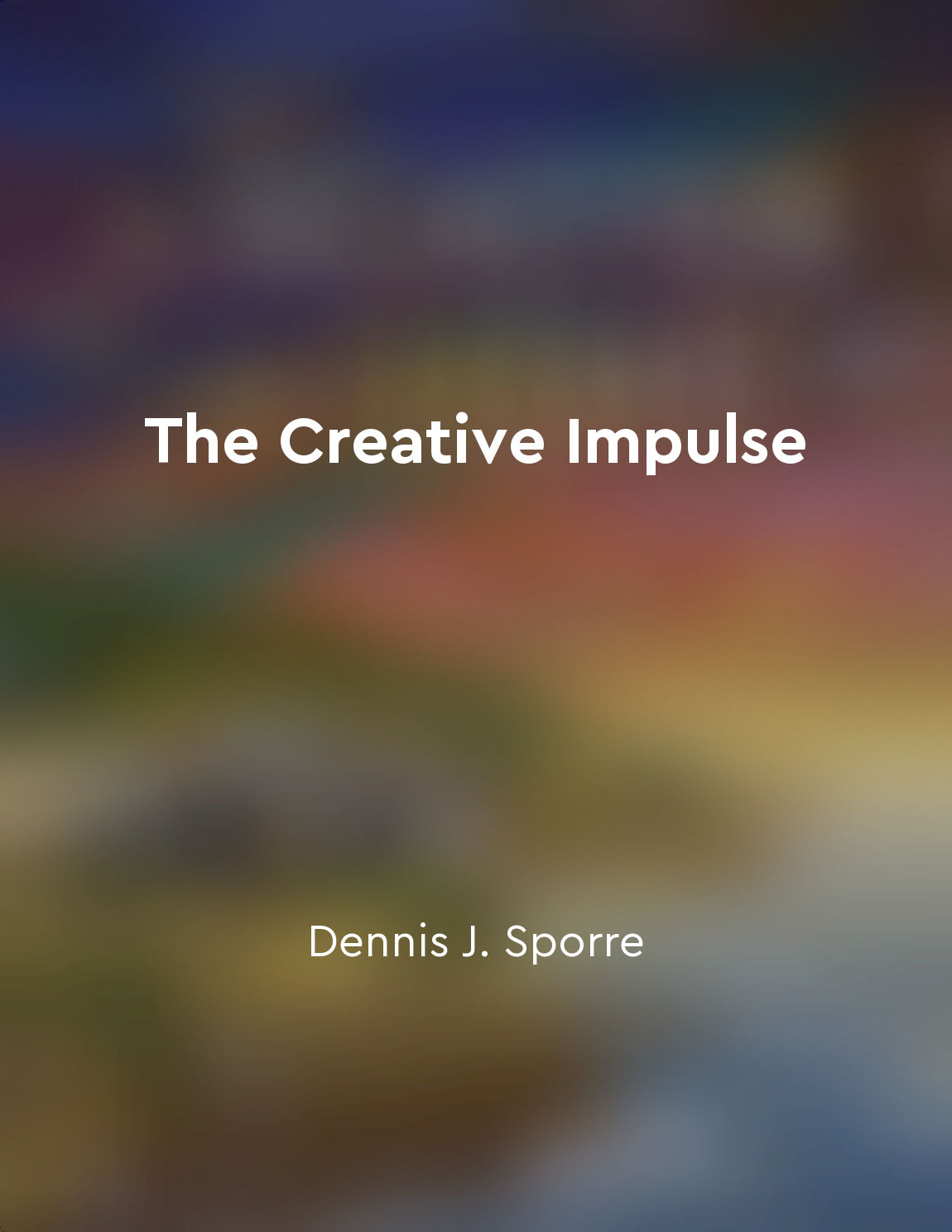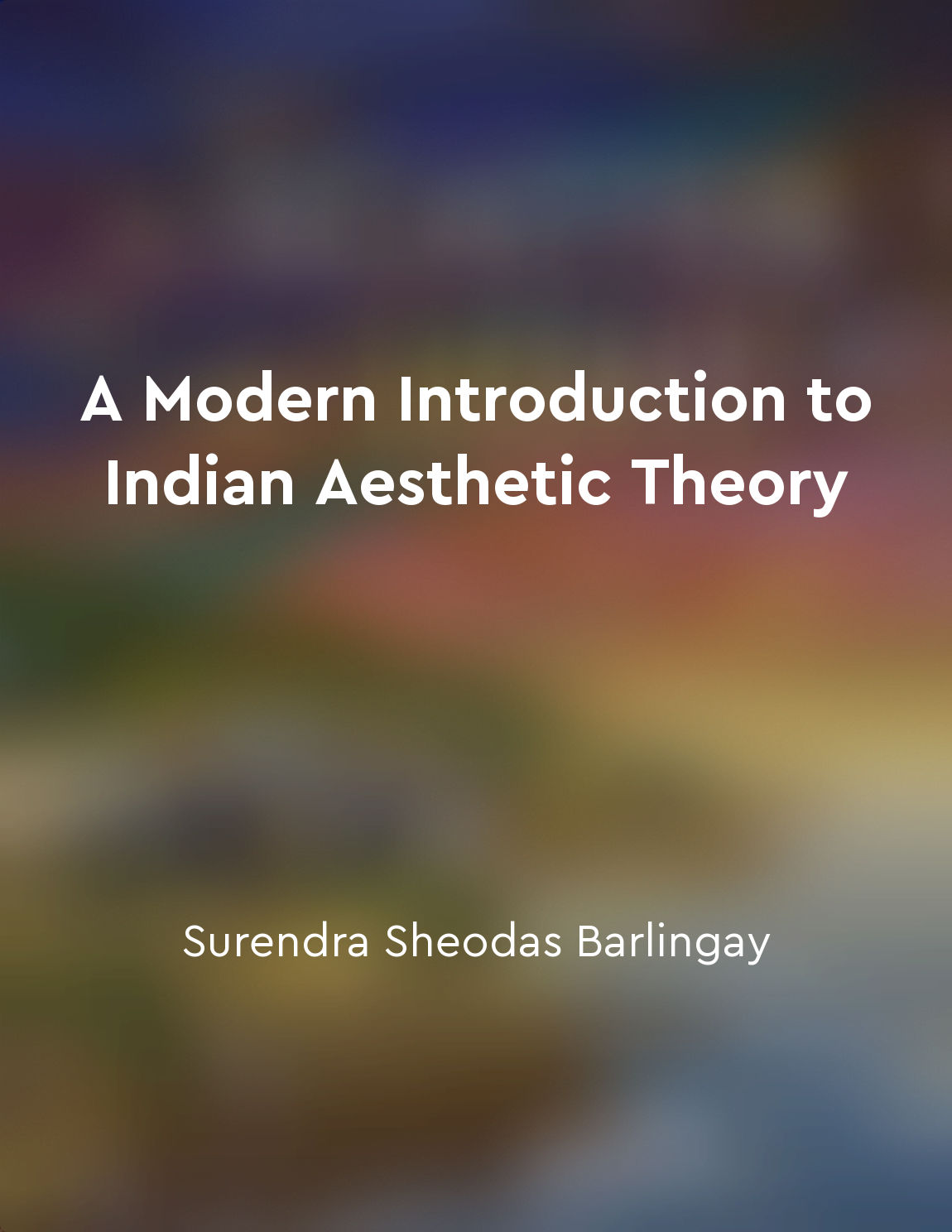The relationship between Bhava and Rasa from "summary" of A Modern Introduction to Indian Aesthetic Theory by Surendra Sheodas Barlingay
Bhava, the inner state or mood, and Rasa, the aesthetic experience or emotion, are two fundamental concepts in Indian Aesthetic Theory. Bhava provides the raw material for the creation of Rasa, as it serves as the emotional or psychological condition that gives rise to the aesthetic experience. Without Bhava, Rasa cannot be experienced, as it is the source from which Rasa emerges. In the aesthetic process, Bhava acts as the cause and Rasa as the effect. The relationship between Bhava and Rasa is akin to that of a seed and a fruit - Bhava is the seed that is sown, nurtured, and eventually bears the fruit of Rasa. Just as a seed transforms into a tree that bears fruit, Bhava transforms into Rasa, which is then savored by the aesthetic connoisseur. Bhava is the internal, subj...Similar Posts
The significance of festivals in Hindu life
Festivals hold a special place in the hearts and lives of Hindus. These celebrations are not merely events marked on a calendar...

The creative process involves exploration and experimentation
The creative process is an inherently dynamic and fluid journey that requires open-mindedness and a willingness to explore new ...
Emotions are impacted by art
When we engage with art, whether it’s through visual arts, music, dance, or any other form, our emotions are profoundly affecte...
The future of art and culture
The future of art and culture holds immense potential for growth and innovation. As society evolves and technology advances, ar...

Listening to feedback refines creative ideas
When it comes to creativity, feedback is like a secret weapon. It has this magical ability to take our existing ideas and polis...
Art serves as a mirror of society
The idea that art can reflect the values, beliefs, and concerns of a society is a notion that has been widely discussed and deb...
Selfawareness is a key aspect of ethical development
Self-awareness plays a crucial role in the ethical development of individuals. By being self-aware, individuals are able to ref...
Aesthetic pleasure is a form of intellectual enjoyment
Aesthetic pleasure, although closely linked with sensory experience, is not purely a physical sensation. It involves a mental c...

Creativity has the potential to transform both individuals and society as a whole
Creativity, with its ability to spark innovation and bring about new ideas, holds immense power in shaping not only individuals...

